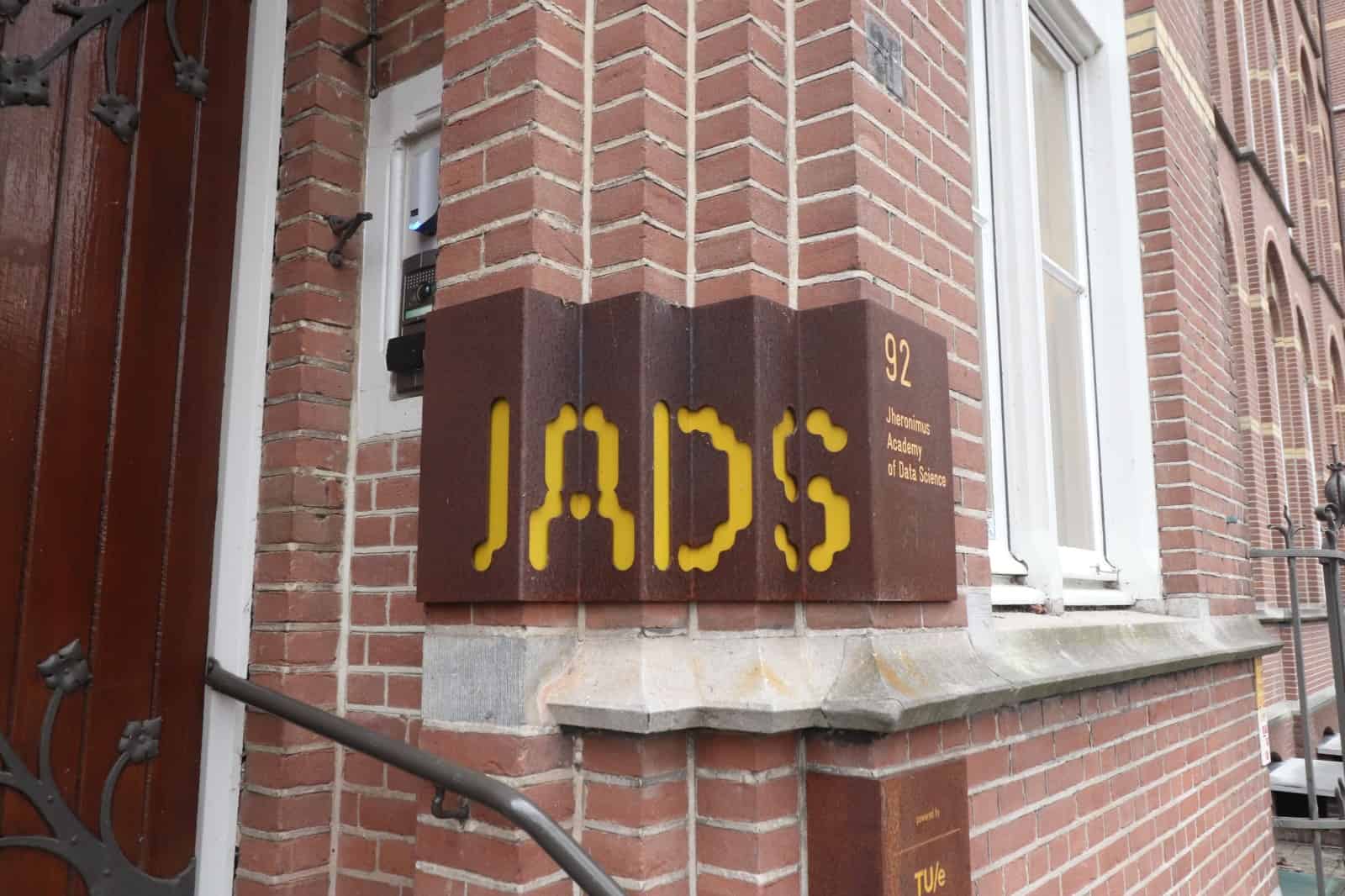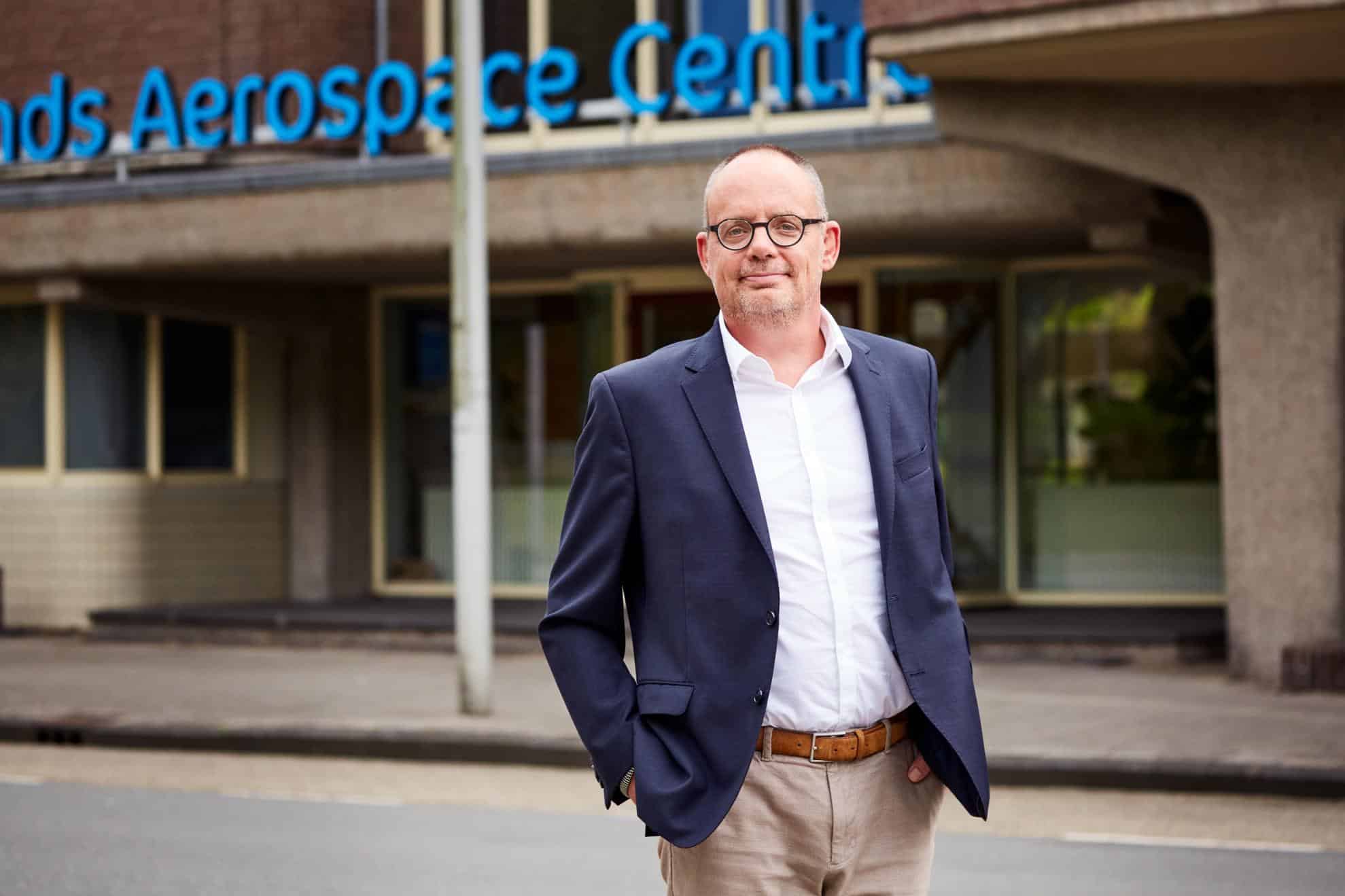
“Seventeen million people live in the Netherlands. It’s very simple: there will always be more innovation outside our country than in our country,” Jaap van Etten quips. He co-founded Datenna – an amalgamation of ‘data’ and ‘antenna.’
The software company specializes in open-source intelligence. Not rare in 2023. However, with a database that monitors non-stop all information flows of more than forty million Chinese companies, universities, and the Chinese government, Datenna has a unique service. Its clientele consists of various ministries and intelligence agencies from several countries. Datenna ‘eavesdrops’ on the internet and collects relevant information for these clients. The company links together different sources such as government documents, news reports, and company information.
- Focusing on open source intelligence, Datenna tracks information flows from more than 40 million Chinese companies, universities and the government;
- It links different sources such as government documents, news reports and corporate information.
For example, Datenna screened and tested all Chinese investments in European companies for the degree of state influence. “A Chinese company with high state influence may not just take over a European company. In the past, governments could not check this properly, but with our help, they can.” Now the software company collects information only on China; the plan is to do this for more and more countries over the next five years. “In the future, it should also be possible for countries to monitor their industry and ecosystem through our software,” Van Etten adds. His mission is clear: to become the Netherlands’ next tech giant and make the world more transparent.
This is an article from IO Next: The Year Of… For the last magazine of this year, we selected the articles that stuck with us the most, whether it was an impressive interview, an important story or just something funny.

Why Aafke selected this story for the magazine:
Some interviews you’ll never forget. For me, the interview I had with Jaap van Etten was one of them.The enthusiasm and drive he radiated during our conversation was inspiring. Besides that, this was the second article ever published about Datenna, because they are very selective in which information to publish.

Technology and science trend watcher
Skipping backward to 2004: The TU/e master’s student in Technology and Society lands on Chinese soil for the first time, in Beijing. At that time, the Ministry of Economic Affairs had just decided that China’s development makes it interesting enough to expand the Science & Technology Attaché network to that country. These attachés are diplomats with a technical background who are stationed in countries where technology is developing rapidly. It is Van Etten who fills that role at the Dutch embassy in Beijing: The first six months as an intern, then three years as a civil servant, and seven years as a diplomat at the Dutch embassies in both Beijing and Shanghai.
During this time, Van Etten is a science and technology trend watcher, trying to connect Dutch researchers and companies as much as possible to everything happening in China. He sees scientists put an artificial ear under the skin of a goat, visits a laboratory where they develop a material to store nuclear waste, and delves into stem cell research. “No day was the same; I saw various technologies pass by. It was the ideal job for a generalist who loves technology and innovation.”
One of his assignments is mapping China’s carbon fiber industry: Which research institutions, suppliers, and manufacturers are involved in the ecosystem? After flying all over the country for six months with a Chinese consultant, Van Etten presents a thorough overview. At least, that’s what he thinks.

Collecting information manually doesn’t work
“Six months later, I came across a company in Chengdu that I had completely missed but played a crucial role. In conclusion, this way of gathering information didn’t work because technology is growing too fast. Even the Chinese do not know exactly what is happening in other cities in their field.” It is a finding that Van Etten confirms over and over again in his time as a diplomat: China is growing much faster than is thought in Europe. The difficulty is that he cannot correctly back up this finding with data.
He also encountered this problem in 2004 while writing his master’s thesis. He was researching 3G technology in China but needed help finding data to substantiate the research solidly. “A lot of information is not public in China. My supervisor, (now) emeritus professor Jan Smits, then urged me via a very creaky Skype call; that’s how it went back then (laughs) to scrape online news stories. But I was able to start a job at the embassy a month later. I wanted to move on, so I didn’t do anything with that at the time.”
From diplomat to entrepreneur and from Shanghai to Eindhoven
Yet, this recommendation is what Van Etten remembers ten years later when he finds that his overview of the Chinese carbon fiber industry is incomplete. What if he scraped online news stories, company data, and government documents and collected them in a database? He pitches the idea to his manager in The Hague and asks for 200,000 euros to build the system. “Of course, that was way too entrepreneurial for the government,” Van Etten says with a smile.
The Brabander’s enthusiasm is undiminished, and he notices much interest from the diplomatic community. In 2015 he quits his job as a diplomat and becomes an entrepreneur. He tries to find investors in China, but that is challenging. “One investor said to me, ‘No matter how good your idea is, you are a foreigner who will collect data on companies and the government and then sell it to Western governments. That’s not going to work.’ Well, he was right about that.” Van Etten says goodbye to his luxurious diplomatic life and the life he built in China and moves back to Eindhoven.
With some wistfulness, Van Etten looks back on his time in China. “Shanghai is great; the start-up community has an unparalleled atmosphere there. The Chinese dream felt much bigger than the American dream. I have to say that the political climate started to change more and more during that time, which also made me think: I have to go back to the Netherlands. Many entrepreneurs have a love-hate relationship with China. Everything is possible, but at the same time, many things are not.”
“I see artificial intelligence as a disruptive invention that will create a completely new industry. Compare it to electricity; a few people invented it, but the services built on it created a breakthrough.”
Jaap van Etten
‘We miss iconic tech companies in the Netherlands’
Be it on a smaller scale, flatter and duller: in the Netherlands, he succeeds in turning his idea into a business. Van Etten gets a loan from the RVO (The Netherlands Enterprise Agency helps entrepreneurs and organizations to invest, develop and expand their companies and projects) and meets his co-founders and also TU/e alumnus – Edward Brinkmann (also a TU/e alumnus) and Stijn (whose surname isn’t mentioned due to privacy reasons).
Today, Datenna has a second office in Washington, and there are about fifty people on the payroll. In a year, there should be over a hundred. For a very long time, Van Etten did not consciously notice how rapidly his company is growing until early last month when seven people were hired at once. “It is a big company now, so I have to learn to let go; I can no longer personally supervise all employees,” he says.
In addition, the company is about to open the Datenna Labs. Van Etten: “I see artificial intelligence as a disruptive invention that will create a completely new industry. Compare it to electricity; a few people invented it, but the services built on it created a breakthrough. We will invest millions in R&D over the next two years and fully commit to (further) developing those services. Technological developments from that Lab will flow over into our products. With this, we want to follow in the footsteps of the NatLab [Philips Physical Laboratory, ed.] that was dismantled this year. We lack iconic tech companies in the Netherlands; we aspire to become one.”








